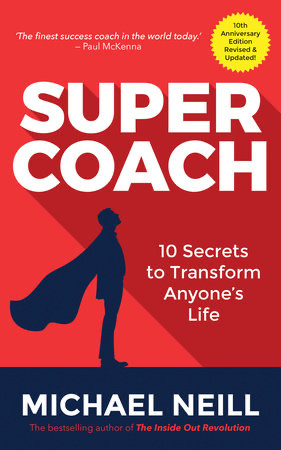
5 Self Development Books
Why personal development books?

5 Self Development Books
5 Self Development Books; From New Year’s resolutions to journaling, most people have a desire to better themselves in one way or another. That being said, sometimes all-or-nothing approaches to personal development are ineffective as they cause burnout and feelings of helplessness when results are not seen right away (Seligman, 2009). That doesn’t mean the path to bettering yourself is meaningless though. Making small, incremental changes throughout the year without the pressure of meeting certain goals may be the key to self-improvement.
The goal of personal development books is to provide information, insights, and instructions for improving your life and ways of thinking. Just like self-help books are a great accessible tool for bettering yourself, the LIFE Intelligence app is a personal development app that aims to take the breadth of therapy, coaching, and relationship counseling topics into one pocket problem-solver.

LIFE covers 9-main topics: mental health, emotional intelligence, goals, time management, decision-making, social influence, relationships, conflict resolution, and leadership. It packs the punch of 10 books all in one, plus an evergreen, interactive journal to keep content and self discoveries fresh. All these missions play an important role in building the best version of yourself and improving your life. We’ve previously touched on the benefits of journaling for improving mental and physical health, and LIFE’s mood tracking and journaling features are prime for developing deep personal insight and behavior change.

5 personal development books we love
While we love the LIFE Intelligence app, sometimes we just want to learn the old-fashioned way – through books. If you’re looking to incorporate personal development books into your life, there are countless options out there. This can be overwhelming for some though, so here are our top picks.
1. Atomic Habits- James Clear

This book is a new bestseller that is deservedly raved about. Atomic Habits prides itself on its practicality through exploring proven ways on how to break bad habits and build good ones. Many people believe the key to success is through will-power and motivation. However, as this book shows, success is more determined by the environments we are in and our habits. By focusing on changing our habits rather than subjective levels of “motivation”, these daily, repeated behavior patterns can adjust to better your life. When you take the pressure off of rising to your fullest potential, you actually get the opportunity to add meaning and value to your daily life.
Atomic Habits explores the concept of hyperbolic discounting and instant gratification in how we make our decisions. This novel challenges your approach to life by arguing that we should design our lives so that the easiest option is a good habit and the hardest option is a bad habit. In the end, these tiny changes will add up to truly be life changing. In the words of the author, “tiny changes, remarkable results.”
2. Supercoach- Michael Neill

The problem most people face when searching for good personal development books is that they all seem to go no further than surface-level information you could probably find in some inspirational Instagram quote. That’s where Michael Neill’s Supercoach strives to be different. Neill introduces the concept of an insight transformation, in which he argues that we should be striving to experience more “aha” moments about ourselves where the way we see ourselves completely changes. He insists that these insights from our thinking are where our full potential lies.
Much like how the LIFE Intelligence app is divided into 9 “missions”, Supercoach is constructed as 10 coaching sessions each based around one transformational concept intended to create immense personal change and growth. Instead of simply telling you what to do, Neill instead gives you guidelines and understandings so that you will actually learn what works for bettering your life. This eliminates the need for constant reference and traditional “self-help” speak.
Neill also sells his method on the concept of effortless success. Insight transformations come from within, so once you learn how to bring about them, it should feel like a new sense of self-awareness. The majority of our problems in life are a result of ourselves and our thinking, not from the situations or events themselves. Mastering control over our minds is the best way to better ourselves and improve our lives.

3. Daring Greatly- Brené Brown
Another reason many people seek out self-help books is to build lasting relationships.
In this book, researcher and professor Brené Brown insists that embracing our flaws and vulnerabilities is the answer to successful relationships.
You may often find that your own mental blocks are keeping you from experiencing truly meaningful relationships.
Feelings of insecurity like “not being enough” for your partner, prevent us from successfully connecting with others.
Brown combines her experience from her own research studying shame, vulnerability, worthiness, and courage into one finding of what works for those struggling with love.
She found that those who experience deep senses of love and belonging simply believe that they are worthy of love and belonging.
In fact, this was the only factor that played a role in separating these two groups.
It didn’t matter if they had more money, struggled with addiction, or had more breakups.
When faced with all these struggles, the one common denominator was that they developed practices that allowed them to maintain the belief that they were worthy of love.
Having practices is the key to all of this because it suggests that consistency is needed in sustaining healthy relationships.
To be fulfilled wherever you are, despite whatever struggles you may be facing, Brown argues that we must embrace our vulnerability and view it as a strength.
In revealing our true selves despite our weaknesses, we stop distancing ourselves from new experiences that bring meaning and purpose into our lives.
4. When- Daniel H. Pink

Everyone knows the feeling of being faced with piles of work with no motivation to complete any of it. On the flip side, many have also experienced bursts of energy and focus where we feel like we can do anything. Daniel Pink attributes the majority of our struggles with productivity to the fact that the majority of people don’t know how to capitalize on their moments of heightened creativity and energy. Through his breakdown of research studies, the main goal of When is teaching you to “hack” your time in order to make the most of what you have.
Pink utilizes data analysis research to outline 5 big ideas that will aid in productivity and mastering time.
The research on maximizing time was in countless studies across many fields including economics, social psychology, and molecular biology, however, Pink still struggled to find a comprehensive guide. Thus, he wrote this book with the description of uncovering the “scientific secrets of perfect timing”. Ultimately, timing is a science that we can learn to master without the need for intuition and guesswork.

5. The Power of Meaning- Emily Esfahani Smith
What is the value of purpose? Research has shown that even if we get everything we want.
If we lack purpose in our lives, we will never be truly happy. In order to deepen our lives, Smith argues in her book that we must search for meaning rather than happiness.
So what does that even mean? Finding our “purpose” seems to be a phrase clouded in mystery with little substance behind it.
Belonging says we must find our people and create relationships where we feel recognized, understood, and valued. Purpose says we need a long-term goal to motivate and guide us to contribute to the world.
Lastly, transcendence says we should seek experiences that allow us to feel connected to something greater than ourselves.
By re-evaluating what it means to live a “meaningful” life, Smith demystifies the concept and makes it more attainable.
This book will allow you to improve yourself.
By focusing on things that will contribute not just to your happiness, but to your overall fulfillment.
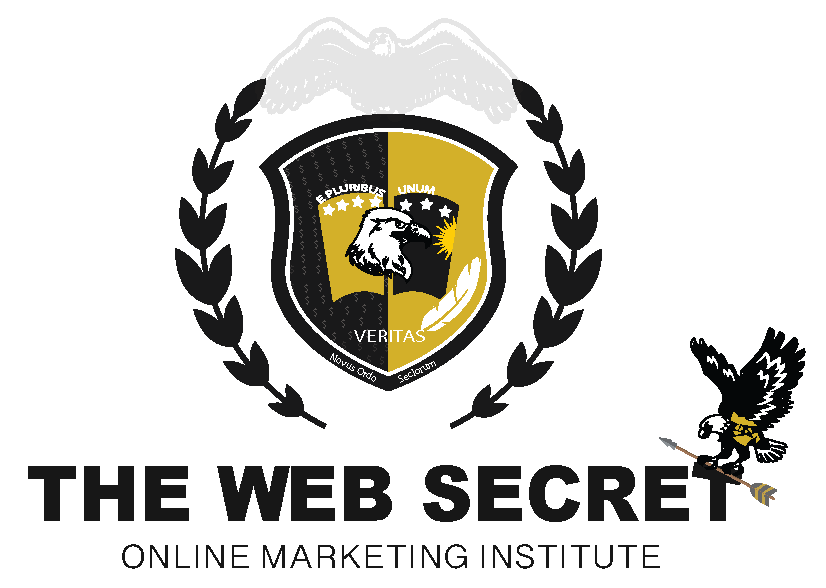

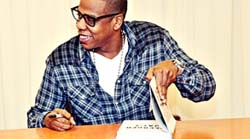

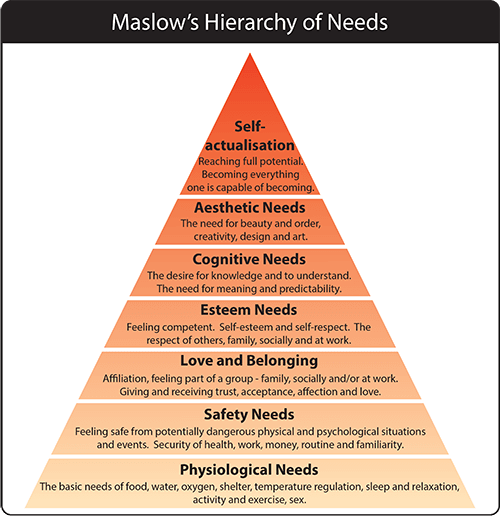

Responses